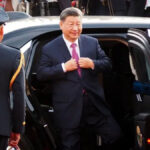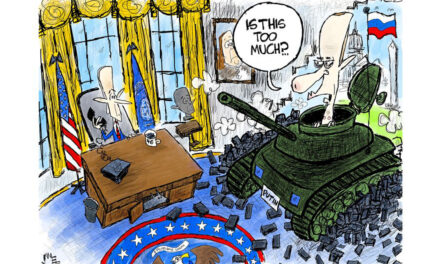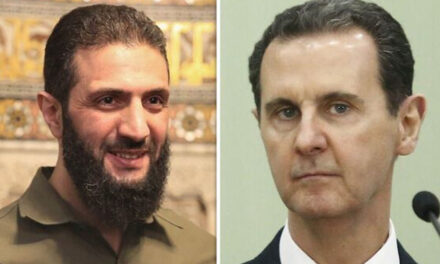
Germany Accused of Spying on American Journalists
Watchdog agency Reporters Sans Frontieres (RSF) is claiming that German’s foreign intelligence agency – Bundesnachrichtendienst (BND) – spied on foreign journalists including employees of Reuters, the New York Times, and the BBC.
But why spy on journalists? They are not major players on the political stage, nor do they make policy decisions. However, ferreting out a journalist’s anonymous sources could provide a politician with valuable information before that information hits the news (sort of like giving a presidential candidate a debate question ahead of time). Also, anonymous sources in foreign governments if discovered could become blackmail or bribery targets and converted to German intelligence assets.
The BND came under suspicion last October when German newspaper Der Spiegel accused the agency of spying on the Vatican, European and US government ministries, and non-governmental organizations like the Red Cross and Care International.
According to a Der Spiegel report released last Saturday, the BND has monitored at least 50 fax numbers, telephone numbers, and email addresses belonging to journalists around the world (since 1999).
This spying includes a phone used by the NY Times in Afghanistan, tapping into the BBC headquarters in London, and monitoring Reuters offices in Pakistan, Afghanistan, and Nigeria.
These accusations make Chancellor Angela Merkel seem like a hypocrite, especially after she self-righteously announced that “friends don’t spy on friends” when the NSA was accused of spying on her personal cellphone in 2013.
Germany’s Nazi history has bred an overwhelming sensitivity to surveillance and military power that continues to this day. Press freedoms are highly valued.
Germany’s G10 law gives intelligence agencies leeway when it comes to spying – but it specifically protects journalists. A reform law, which went into effect this January, gives the agency additional power in cases where spying provides “information of significant for [Germany’s] foreign policy and security.”
RSF director Christian Mihr condemns the new law as a “clear breach of the constitution.”
“What is missing from the new law is an exception for journalists of the kind that exists (in the law governing domestic intelligence),” said Mihr.
The BBC has also criticized the BND’s spying, asking “all governments to respect the operation of a free press,” and insisting that all journalists “should be able to operate freely and safely, with full protection for their sources.”

























If ya'll say so, E.D., then it must be so. MSNBC vs PBP challenge and compare. Scandals, they pop up…
Whoops, I meant Robert.
I was referring to Roger being mentally unhinged. He's the one that was ranting. Hell, I support Trump. I don't…
Your daughter
I noted in another post that if I were king of the forest....... I would pardon all the non-violent 1/6…